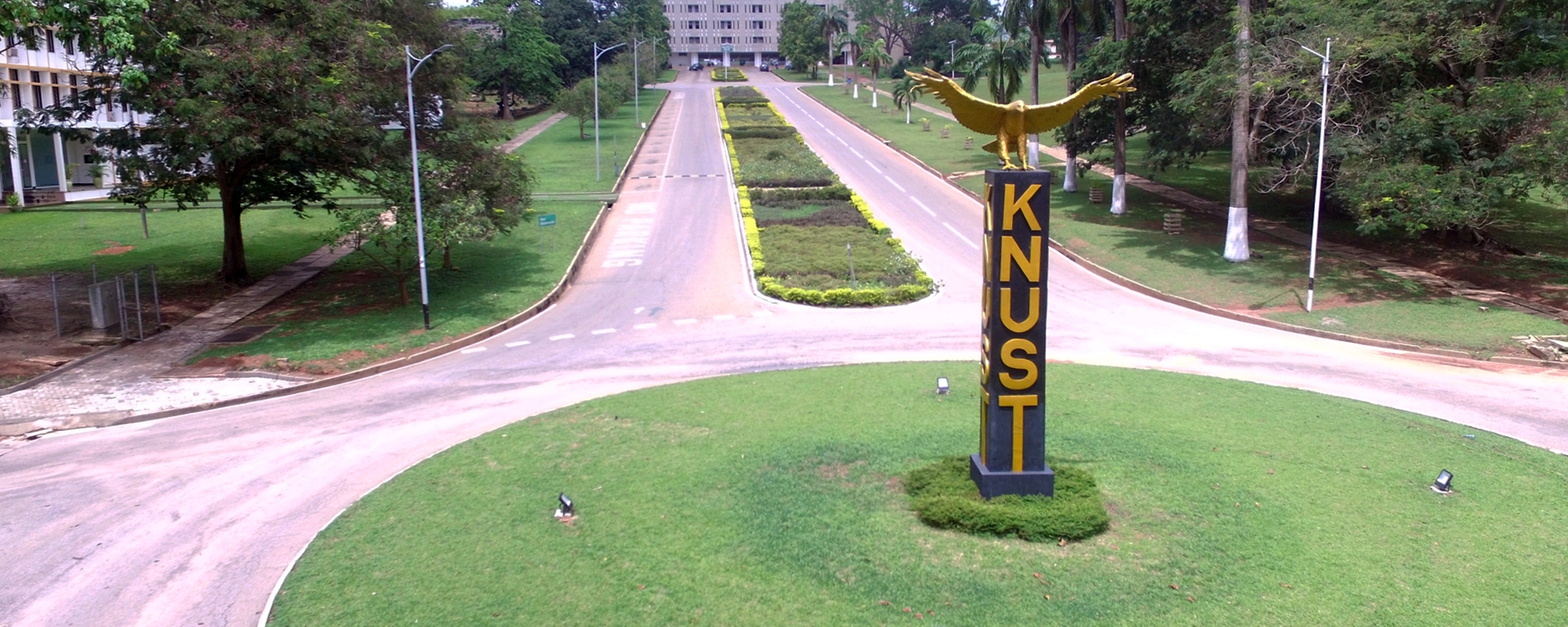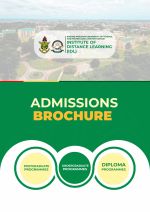Overview
Forensic Science is a complex and a diverse field. An ever-increasing amount of information can be obtained from a small amount of material. The science can be applied to the documentation of evidence and to the solution of criminal and civil problems and where such Specialists are available; they are enormous value to law enforcement and justice.
The pattern of crime in Ghana and in any other part of the world is becoming more and more sophisticated. Hence crime investigators must acquire better skills to handle crime. New technologies such as DNA analysis have revolutionised forensic investigations. A Master programme in Forensic Science trains graduates of diverse, but well-qualified with strong science backgrounds, to acquire the necessary knowledge and skills in handling crime investigations in a more technologically defined scientific manner.
The programme will provide participants with the requisite theoretical and practical training in relevant areas in science as well as criminology so that they will occupy the niche to offer appropriate services to law enforcement agencies.
Courses Under this programme include: Principles of Forensic Science, Introduction to Criminology, Crime Scene Investigation, Legal Methodology, Cyber Crime and Digital Terrorism, Statistics and Research Methodology; with a number of Elective Courses such as Forensic Molecular Biochemistry, Principles of Human Genetics, Cell Physiology & Biochemistry, Hair & Fibre Analysis, etc.
Modules and courses
Mode of course delivery
The programme is offered through distance education, a learning oriented system allowing greater flexibility in learning while students continue with their regular professional work. The programme is offered in a mixed mode format. The approach uses print and electronic media in order to be responsive to the needs of the learner and also maximize the use of technology in course delivery.
At the heart of the programme is excellent online learning materials developed by capable and competent resource persons from KNUST and other recognized institutions.
Academic Support Systems/Services
Limited face-to-face facilitated sessions are provided at all the Learning Centres. These sessions are supported by print and electronic materials, and local learning facilitators who also support and direct students as they work through the resources provided.
The Centres provide learning support to students living in different parts of the country, thus reducing travel expenses.
Learning centres
Head of department
Exam officer
Programme coordinator
Dr. Pandam Salifu
Lecturer
Biography
A good first degree, preferably second class lower or better in the following programmes: Physics, Chemistry, Biochemistry, Biology, Molecular Biology, Pharmacy or Human Biology. Candidates who are already employed in the relevant Forensic related areas would be considered for admission. Students will be admitted into either MSc or MPhil on the basis of their choice of programme on the application for admission forms as well as merit at the interview. This is a two-year programme.

How to Apply
Pursuing an academic programme is an important step toward your future — and we're here to help


